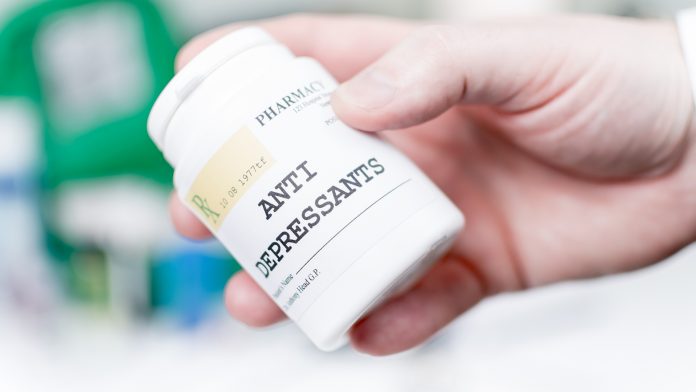
Novel research from the US has identified that SSRI antidepressants may possess qualities that help to reduce deaths in COVID-19 patients.
In a study conducted by experts at the University of California San Francisco, an extensive analysis of health record data from 87 healthcare centres around the United States discovered that individuals taking SSRI antidepressants – otherwise known as selective serotonin reuptake inhibitors – were less likely to die from COVID-19.
The team determined that the antidepressants provided more robust protection from the disease than a matched control group and ascertained that the fluoxetine SSRI was particularly potent at mitigating COVID deaths. The findings of the study supplement previous evidence that SSRI antidepressants can implement beneficial effects against the most severe symptoms of COVID-19. However, a more extensive, randomised clinical trial will be required to prove this.
Marina Sirota, PhD, an associate professor of paediatrics and a member of the Bakar Computational Health Sciences Institute (BCHSI) at UC San Francisco, said: “We can’t tell if the drugs are causing these effects, but the statistical analysis is showing significant association. There’s power in the numbers.”
COVID-19 protection
The Researchers employed electronic health records from the Cerner Real World COVID-19 de-identified database to perform their investigation. The database is considerable, comprising information from nearly half a million patients across the US, including 83,584 adult patients who were diagnosed with COVID-19 between January and September, 2021. Of these individuals, 3,301 were currently being prescribed SSRI antidepressants
The considerable size of the dataset allowed the researchers to evaluate the outcomes of COVID-19 patients on SSRI’s compared to a matched control group of COVID-19 patients who were not taking them. This enabled the researchers to understand the effects of age, race, sex, ethnicity, and comorbidities associated with COVID-19, such as heart disease and diabetes, in addition to other medications the patients were taking.
Impacts of SSRI antidepressants
The results of the study illuminated that individuals taking fluoxetine were 28% less likely to die from COVID-19, and those taking either fluoxetine or another type of SSRI called fluvoxamine were 26% less likely to die. Furthermore, the entire group of patients taking any form of SSRI was 8% less likely to die than the matched control group.
Despite these protective effects being smaller than the ones highlighted in recent clinical trials of novel antivirals developed by Pfizer and Merck, the team explained that more treatment options are required in order to bring an end to the pandemic.
Tomiko Oskotsky, MD, a research scientist in Sirota’s lab at BCHSI, commented: “The results are encouraging. It’s important to find as many options as possible for treating any condition. A particular drug or treatment may not work or be well tolerated by everyone. Data from electronic medical records allow us to quickly look into existing drugs that could be repurposed for treating COVID-19 or other conditions.”
























